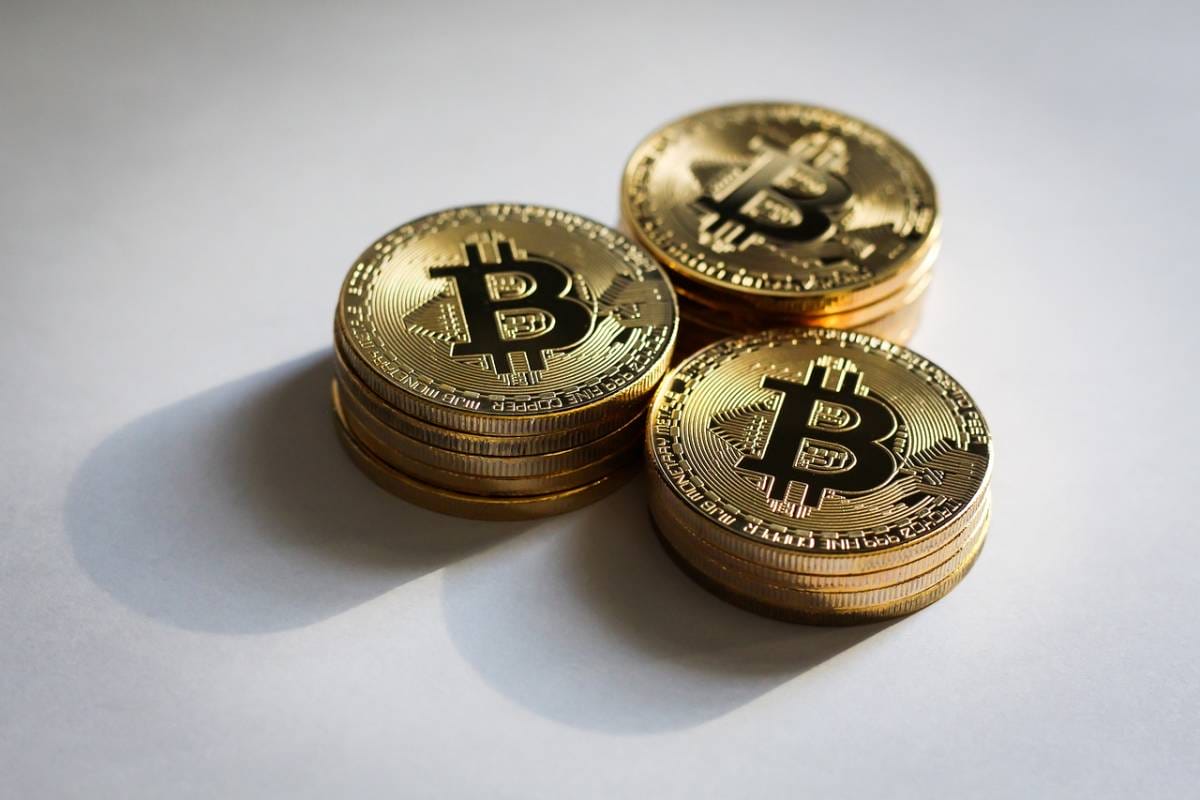Shopping
Hong Kong to tap into mainland China’s spending power with shopping festivals

Hong Kong’s leading trade organisations are holding two shopping festivals highlighting local brands in the hopes of sparking a spending spree by taking advantage of Beijing’s new measures to support local tourism.
The Hong Kong Trade Development Council and the Chinese Manufacturers’ Association unveiled their retail fiestas on several mainland Chinese e-commerce platforms, including Xiaohongshu, Douyin, Taobao and JD.com, as well as at the AsiaWorld-Expo near the airport, on Wednesday.
Financial Secretary Paul Chan Mo-po said the council’s online fair would capitalise on the city’s “advantage” arising from the vast mainland market and help Hong Kong’s small- and medium-sized businesses reach new customers.
“The Hong Kong Shopping Festival can help different Hong Kong products tap into the mainland market more extensively and make Hong Kong brands shine,” he added.
Stephen Liang, the council’s assistant executive director, said the digital fair, to be held between August 1 and 31, would help local companies familiarise themselves with the mainland’s business culture and marketing channels.
“The mainland market has been developing in leaps and bounds, particularly the thriving e-commerce landscape,” he said.
“Diverse online channels such as live streaming, instant retail and social commerce have become the new normal for many mainland consumers … However, many Hong Kong small- and medium-sized enterprises are unfamiliar with the business culture.”
According to Liang, the campaign will feature six major product categories: apparel and accessories, personal care and cosmetics, home and living, traditional foods, smart gadgets and health supplements.
In addition to promoting the campaign on social media, 20 influencers such as Li Jiaqi will also conduct live-streaming sessions on Douyin, Taobao and JD.com for 60 selected local brands.
Chan earlier said e-shopping accounted for only 8 per cent of total retail sales in Hong Kong last year and had “considerable room for growth”, compared with the mainland’s 28 per cent.
In his policy address last October, Chief Executive John Lee Ka-chiu said authorities would set up an interdepartmental task force to help local businesses develop electronic commerce on the mainland.
A dedicated fund was established to help local non-listed companies develop brands, upgrade and restructure their business operations, and promote sales on the mainland. The council’s shopping festival was a suggestion made by the task force.
Beijing last month raised the duty-free shopping allowance for mainland tourists visiting Hong Kong and Macau to 12,000 yuan (HK$12,880 or US$1,650). Under the previous rule, visitors from across the border paid a tax of 13 to 50 per cent to the central government for purchases above a threshold of 5,000 yuan per trip, a measure introduced in 1996.
Beijing has also added eight mainland cities to the scheme allowing solo travel to Hong Kong, taking the total to 59.









